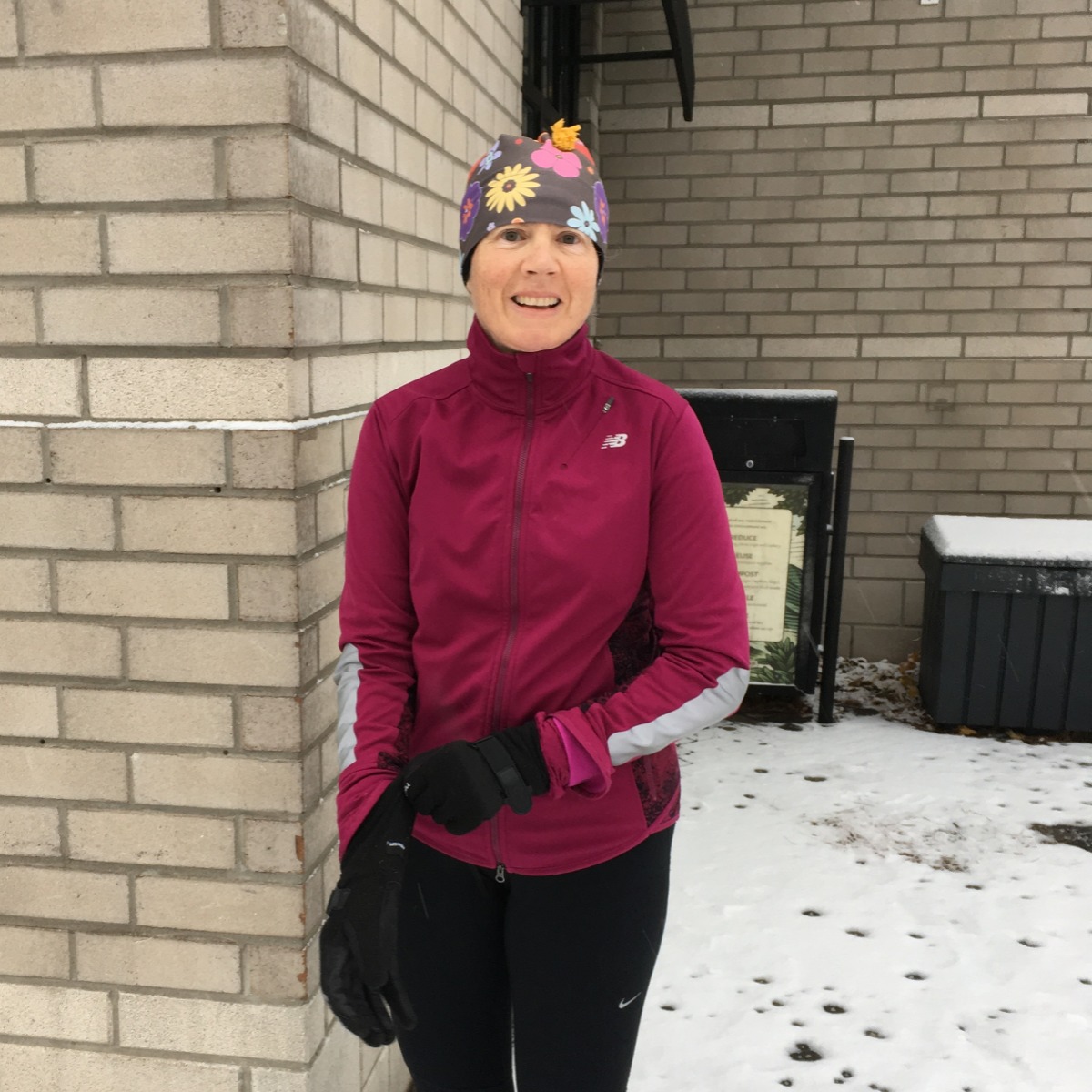Cancer related fatigue is so much more than just feeling tired from a long, hard day. Your cancer treatment can cause you to experience what feels like full body exhaustion. You’re so exhausted that you can’t get out of bed and no amount of rest will give you back your energy.
This is more common than you think. According to Cancer Research UK, 7-8 out of every 10 people with cancer suffer from fatigue. It’s so common because nearly all of your treatments can cause it. You can often feel fatigued after the first few days of your chemo infusion and your radiation will gradually cause the fatigue to worsen leaving lasting effects. Other side effects of treatment also cause fatigue, like anemia. We know cancer treatment causes fatigue but we don’t know why or how. This means that completely eliminating fatigue is difficult. But there are ways to help you manage and improve your energy levels.
Exercise. While it sounds disadvantageous, exercise can actually help to improve and increase your energy. It’s important to start small, even if you were physically active before your cancer. Walking – even on days where all you can manage is to the end of your driveway, is enough help you both mentally and physically. Once your energy improves, gradually increase the amount of exercise you are doing. Find an exercise partner to help motivate you on the days where you really don’t want to get out of bed. If you’ve had surgery or suffer from weak or brittle bones because of your cancer, talk to your doctor first to see what kind of exercises are safe for you.
Nutrition. There are tons of energy boosting foods that can help relieve your symptoms of fatigue. From protein-rich foods like fish, chicken and eggs to fiber-rich foods like whole grains, legumes and lentils a healthy diet can significantly improve your energy levels. The difficultly many people have when suffering from fatigue is that you don’t have the energy to go out, buy these foods and prepare them. It can seem utterly daunting. There are ways to get the nutrients you need for those days when your energy is at an all-time low. By eating small, frequent meals or snacks you are able to intake food without much effort. Eating fiber-rich cereals or snacking on nuts requires little to no preparation. Buying canned beans or lentils gives you a protein boost that also does not require a lot of preparation. (But be careful to eat canned goods in moderation as they can be high in sodium.) Once your energy levels start improving, you’ll be able to be more involved in meal prep and maintaining better energy levels.
Treat your other side effects. Fatigue can be caused by other treatment side effects so tackling these might improve your energy. Anemia, a low red blood cell count, can leave you feeling exhausted. Changes in your diet, particularly increasing your iron intake, can easily treat anemia. Adding foods to your diet that are rich in iron or taking an iron supplement can help dramatically but speak with your doctor before taking any new medicines or supplements.
Depression can often be confused as fatigue because the symptoms are similar. Seeking a counsellor or speaking about your feelings of depression to your loved ones can improve your wellbeing far beyond your exhaustion. Read our blog post on Anxiety and Depression for more information on improving your wellbeing.
Experiencing significant pain caused by your treatment can also hinder your mobility and increase your exhaustion. Coping with your pain while doing everyday activities can take a lot out of a person. Read our blog posts on joint pain and neuropathy to find ways of relieving your pain and talk with your doctor.
Energy conservation. Have you ever heard of The Spoon Theory? It’s the concept that a person who is living with a chronic illness only has so much energy to give during a day. The author, Christine, explains that when she wakes up in the morning she only has a certain amount of “spoons” (spoons = energy). Simply getting out of bed or brushing your teeth will use up your “spoons”, leaving you depleted of energy to do anything else important that day. Planning ahead, scheduling rest and remembering to pace yourself can help preserve your energy for the things that you want or need to do that day.
Here are some other everyday tips that can help you increase your energy and improve your quality of life:
- Avoid drinking caffeine before bed.
- Take short naps during the day, and try to sleep for a full 7 to 8 hours at night.
- Drink lots of water.
- Do your exercises at home instead of at a gym.
- Notice the times of the day when you have the most energy, and schedule activities during those times.
- Check with your doctor to make sure you don’t have an infection.
- Have your cancer treatments at the end of the day so you can go home to bed directly afterwards.








